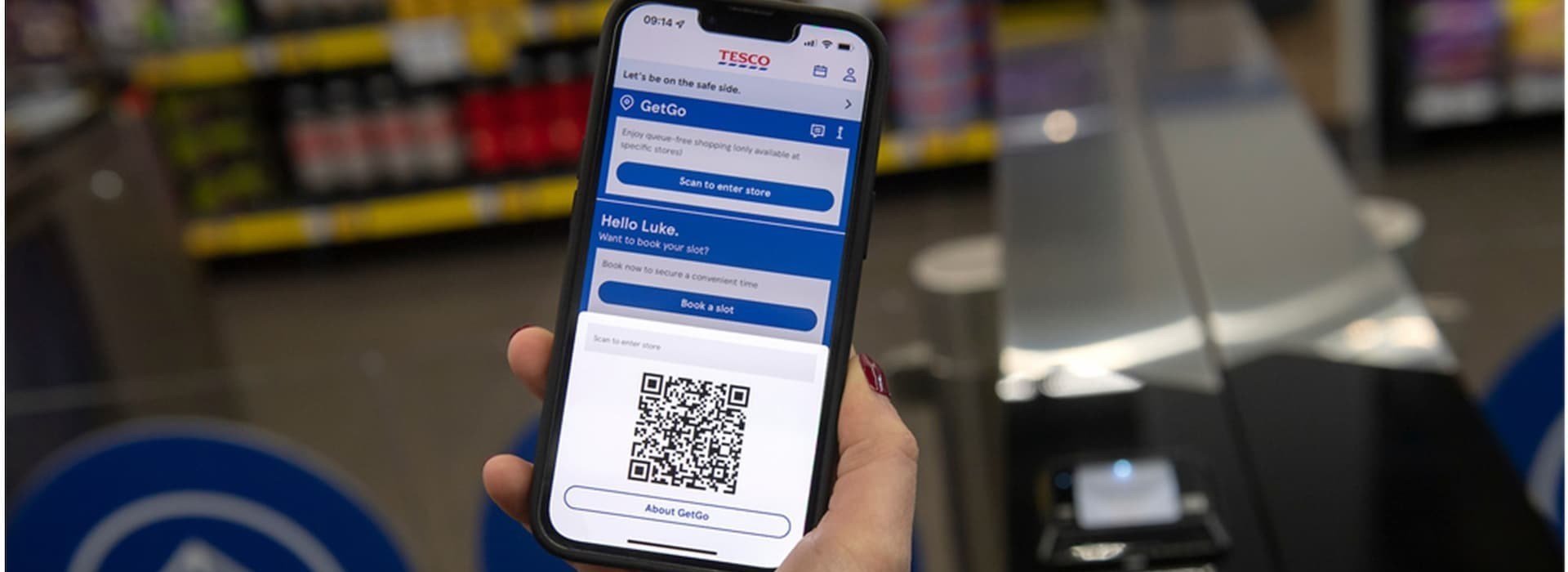Merchant focus on convenience over security is false economy, Paysafe
Fifty two per cent of UK consumers think fraud is an inevitable part of shopping online, according to new Paysafe research.
Its Lost in Transaction report surveyed 300 businesses and 3,038 consumers in the UK, Canada and the USA. It found that 60% of the latter are willing to accept any security measures needed to eradicate fraud, while 65% are open to the introduction of more secure payment processes such as two-factor authentication. By contrast, 32% of UK businesses believe their customers would favour tighter security, and 59% think longer verification processes increase their risk of losing customers. In fact, only one in ten consumers abandon online shopping carts due to payment security taking too long; while the most significant driver of abandoned carts is hidden transaction fees and delivery charges, according to 43% of consumers.
A further key issue highlighted by the report is the trade-off merchants face when balancing risk and revenue generation. 69% of businesses surveyed want to increase customer sign-ups and transaction volumes by reducing risk thresholds for ID verification. But 78% also want to produce more effective verification measures to reduce fraudulent transactions, a potential conflict with their revenue ambitions.
These conflicting views exist even though transactional fraud is a top priority in the boardroom, according to three quarters of businesses. In addition, 42% of merchants say that over 5% of their transactions are fraudulent. In this context, eight out of ten businesses expect to increase spend on fraud in the next 12 – 24 months, typically by at least 10%.
Andrea Dunlop, CEO Acquiring and Card Solutions, Paysafe, says: “In many ways it is surprising to see such a consumer focus on security features rather than more convenient checkout processes. However, it’s clear that protection against fraud is top of mind, and merchants will need to focus on delivering the right balance of fraud protection and frictionless experience.”
40% of UK businesses would like to see a decline in payment by credit cards, debit cards and cheques. The susceptibility of these payment methods to fraud is a significant factor, with credit cards being ranked as the most vulnerable to fraud by 54% of respondents, followed by debit cards (45%) and then cheques (36%). Nearly a quarter of consumers have experienced credit card fraud in the last year, with almost one in five receiving no reimbursement.
In terms of emerging payment methods, a quarter of businesses are likely to introduce voice-activated systems like Alexa within two years, while one in five favour some form of biometric payment and 14% are looking to introduce cryptocurrencies. This is on top of the 26% who are planning to introduce mobile wallets. Consumer behaviour is also helping to drive these changes, with one in four adopting mobile wallets; one in six having used biometric and voice activated systems and 12% already using cryptocurrencies for payments.
Dunlop concludes: “Fraud remains a very real problem for merchants of every size, and it’s not surprising that they’re looking to the future for better detection and prevention technologies. This research shows that consumer demand for biometric payments and cryptocurrencies exists - the big challenge for the industry is to implement them safely as well as conveniently.”










